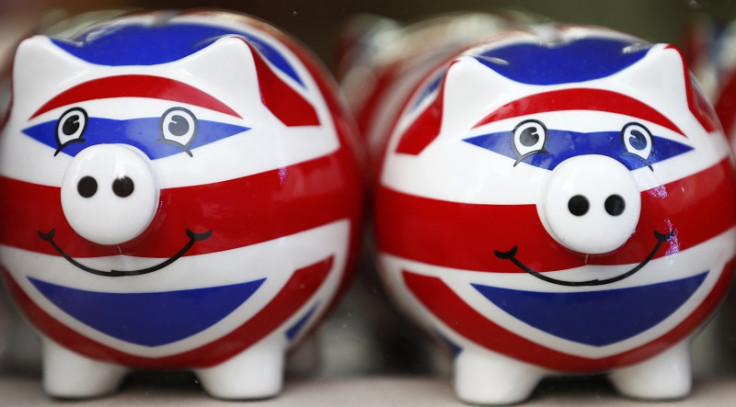Pension freedoms will see £6bn taken from pots as Treasury counts tax receipts

Some £6bn ($9.4bn, €8.4bn) will be taken out of pension pots in the first year of the pension freedoms which is a cause for concern when more than two-thirds of private-sector employees are not saving enough for their retirements.
Thanks to the reforms, the government will earn about £1.2bn in tax revenues this financial year. This is significantly more than the £320m estimated in the 2014 Budget and the upward revision to £415m made in the Autumn Statement.
Chris Noon, partner at Hymans Robertson, said: "The chancellor's justification in this year's Budget to further reduce pension tax relief was that it was becoming too costly. He estimated that the tax-relief bill had increased by almost £4bn in the last Parliament. This should have been no surprise to Mr Osborne, given salary growth over this period and the introduction of auto-enrolment.
"The government needs to offset the increase in tax receipts due to the pension freedoms from the tax-relief bill. We estimate £1.2bn will flow to the Treasury this tax year, potentially increasing in subsequent years.
The cost of tax relief is set to rise further due to a combination of salary growth and the continued impact of auto-enrolment.
From next year the amount individuals will automatically save into a pension scheme will rise from 2% of pay to 8%. The number of people being enrolled into pension schemes will double to 10million.
Noon added: "It's clear that the government sees pensions, and particularly the £34bn spent on tax relief, as a soft target for increasing short-term tax revenues without a care for the long-term implications for retirement incomes. The stark reality is most people do not save enough and won't have an adequate income in retirement."
George Osborne has also announced another cut to the lifetime allowance – raising £600m by reducing the limit to £1m from April 2016 and looking to raise a further £1.4bn by reducing the maximum tax relief for individuals earning more than £150,000.
In aggregate, these changes amount to more than £3bn in additional revenue, noted Hymans Robertson. The consultants said the combined effect divests too much from pensions given the current savings shortfalls.
Noon suggested a framework based around flat-rate tax relief on pension saving, perhaps at the 33% level suggested by Steve Webb, the former pensions minister – a better redistribution of tax relief and an incentive for everyone to save.
"This would impose a natural limit for tax-efficient pension savings at the higher-rate income tax threshold. As a result, lifetime-allowance limits could be scrapped, ending the inequitable impact on defined contribution versus defined benefit pension savers.
"We hope that the chancellor considers this, as well as the tax receipts he will be receiving into the Treasury as a result of the pension freedoms, when putting together the July Budget," said Noon.
© Copyright IBTimes 2025. All rights reserved.






















